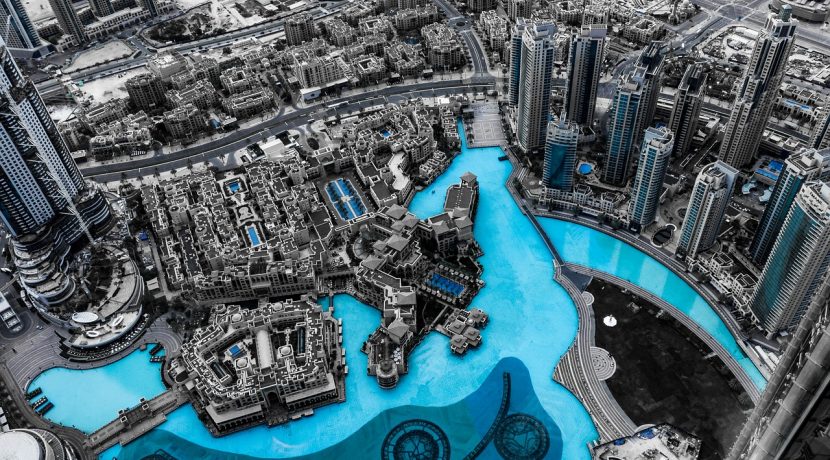Rent declines for residential properties in Dubai averaged five per cent for the last 12 months and 2.5 per cent on average quarter on quarter, estimates property consultants Cavendish Maxwell.
“Declines were more pronounced in International City, The Greens, Discovery Gardens and Al Furjan, averaging a 12-month change of more than six per cent. Rent declines are expected to continue in the second half of 2018 with new handovers planned across Dubai,” says Moe Abeidat, chief technology officer, Property Monitor.
Approximately 3,700 residential units were handed over in Q2 2018, reckons Abeidat. The majority of handovers were in Jumeirah Village Circle (JVC), Damac Hills, Dubai Silicon Oasis and Al Nahda. For the remainder of the year, majority of the upcoming supply is in Business Bay, JVC and Downtown Dubai.
Landlords are offering various incentives to keep their units occupied. “A lot of landlords are showing more flexibility in the market at the moment, either to attract new tenants or to retain existing ones. We are seeing various incentives such as 1-month free rent, the inclusion of white goods, paying for moving fees and more. There is a healthy demand from tenants at the moment, so if a landlord offers a competitive rent and attractive cheque payments, they will be able to attract a tenant in a relatively short time period,” says Lewis Allsopp, CEO of Allsopp & Allsopp.
Landlords should try to retain existing good tenants who look after their property well or stand to lose money while the property is vacant.
“Landlords are having to think outside the box. For new tenants, the promise of an extra month is proving popular, pay for 12 months but receive 13. Landlords are having to accept more flexibility with the number of cheques, four to six being common now. Twelve cheques are not necessarily the norm but these payment terms are being seen more often. Some landlords offer maintenance contracts as part of the tenancy agreement,” says Mario Volpi, sales and leasing manager, Engel & Völkers Dubai.
But, there are still many landlords who command one cheque. This may be due to a few factors such as the actual rent, the unit location, quality and facilities of the property.
“For premium homes in very specific locations, there is still incredibly high demand. These are the owners who know the value of their property and will hold out for the elusive one cheque payment,” says Nick Grassick, managing director, PH Real Estate.
The soft market is also seeing a lot of tenant movement to larger, better located properties. Tenants are moving out of established communities into new ones.
“There is the opportunity of a brand new property, a more competitive rent and the chance to upsize to a larger property for the same rent you are currently paying. However, there is not a mass exodus. The established communities still have a huge amount to offer – location, amenities, schools, established parks and play areas, community centres and more,” observes Allsopp.
Market stakeholders believe residential rents have almost bottomed out and expect a levelling out in the second half of the year.
“The Dubai property market has largely been determined by emotion; the market sentiment is that there is no reason why prices should increase. However, we are experiencing greater resistance from owners to accept offers much lower than the already reduced asking prices. There is great value for money to be found in key communities of Dubai at the moment,” explains Grassick.
“Rents will continue to be soft for H2 2018. This is a great time for tenants who will be in a strong bargaining position going forward,” continues Volpi.
All rights reserved to the initial publisher for Khaleej times.
Collected and published by Arms &McGregor International Realty® editorial team. Get in touch with us at [email protected]

